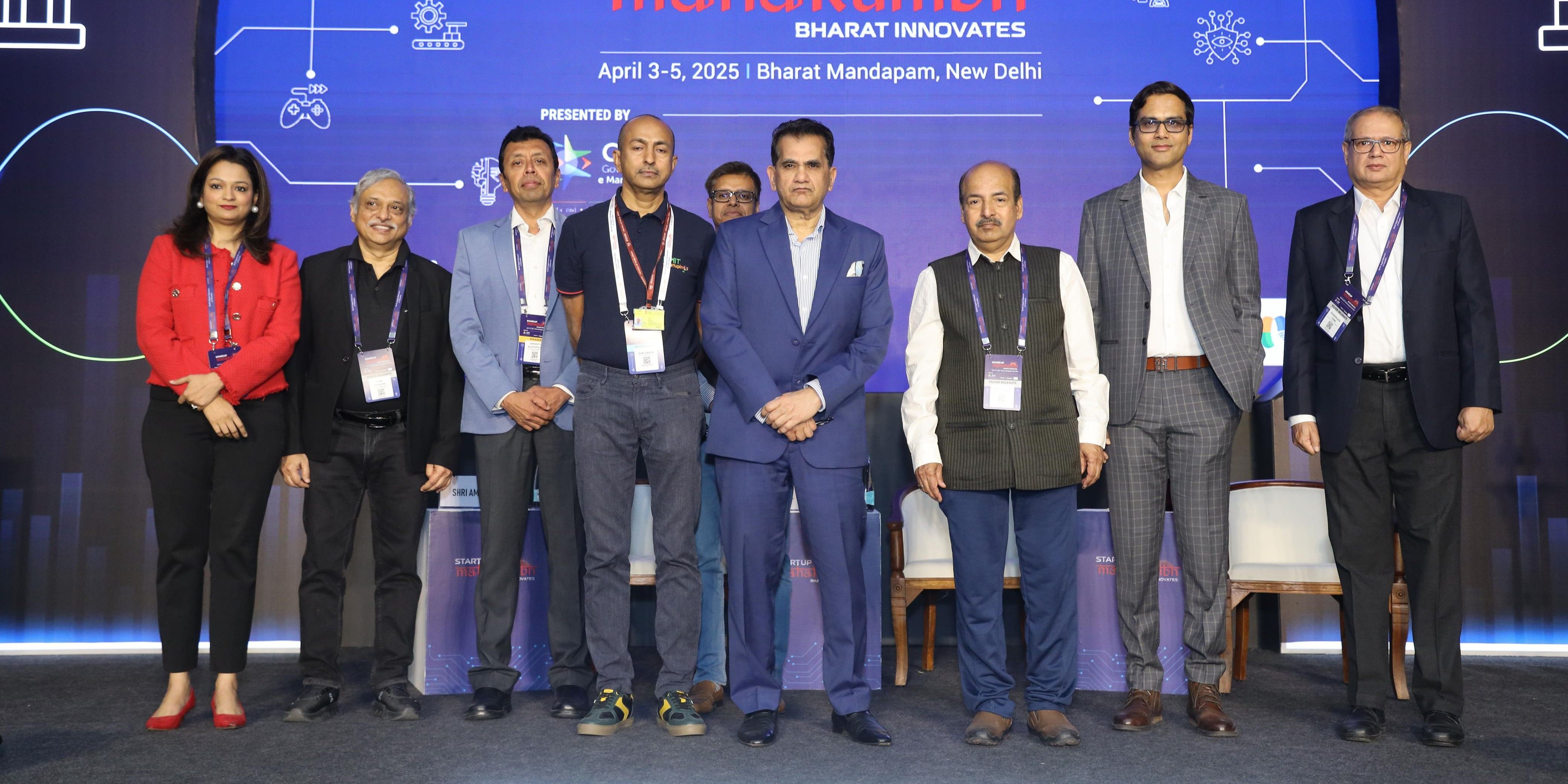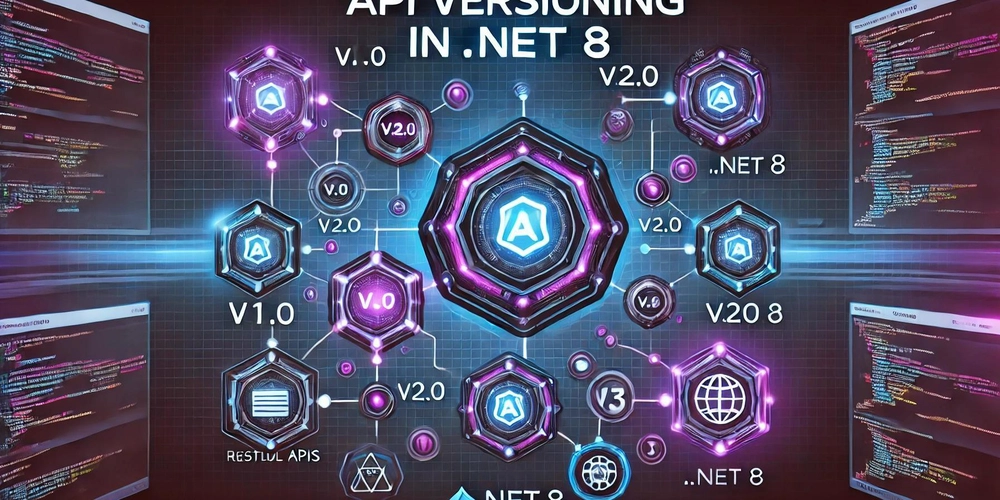Kotlin or the island?
When I decided to learn Kotlin, it was a turning point in my programming journey. After exploring different programming languages, I found Kotlin to be particularly appealing due to its modern approach and compatibility with Java. In this article, I will share my experience with Kotlin and the challenges I encountered along the way. The Discovery of Kotlin My interest in Kotlin started when I began developing Android applications using Java. However, I kept hearing about Kotlin and its increasing popularity in the Android development community. After researching it, I realized that Kotlin's concise syntax and powerful features could help me improve my programming skills and make the development process more enjoyable. Getting Started with Kotlin To start learning Kotlin, I needed to understand its syntax and features thoroughly. Here's how I went about it Online Courses: I began by taking introductory courses on platforms like Udemy and Coursera. These courses provided a structured learning path and hands-on coding exercises, which were very helpful. Official Documentation: The Kotlin Documentation served as a valuable resource, offering comprehensive guides and examples to clarify concepts. Books: I also read a few books on Kotlin, such as "Kotlin in Action", which helped deepen my understanding of the language. Practice Coding: After familiarizing myself with the basics, I decided to put my knowledge into practice by creating small projects. I built two projects: a To-Do List app and an API integration app. These projects allowed me to apply what I had learned and practice my skills. Challenges: Learning Kotlin was not always easy, and I faced some challenges along the way. However, these challenges helped me grow and learn more about the language. Syntax Differences: Transitioning from Java to Kotlin involved some adjustments. While Kotlin's syntax is more concise, it was initially confusing for me. I spent some time comparing Java and Kotlin code to understand how to achieve similar functionality with less code. Functional Programming Concepts: Kotlin incorporates functional programming features, which are new to me. It took time to understand concepts like higher-order functions and lambda expressions. Debugging Challenges: As I worked on more complex projects, I encountered some debugging challenges. Kotlin's null safety and type system sometimes caused confusion, but with practice, I became more comfortable with error handling. Tips for Starting with Kotlin: If you're considering learning Kotlin, here are some tips to help you get started: Start with the Basics: Familiarize yourself with the basic syntax and principles of Kotlin. Online courses and documentation can be a great starting point. Practice Regularly: Build small projects to apply what you've learned. The more you code, the more confident you will become. Join a Community: Engage with Kotlin communities on platforms like Reddit or Stack Overflow. Sharing your experiences and asking questions can provide invaluable support. Explore New Features: Kotlin is constantly evolving, so it's a good idea to experiment with new features and updates. This will help you keep your skills fresh and relevant. Don't Be Afraid of Mistakes: Mistakes are a part of learning. Use them as an opportunity to improve your understanding of the language. Learning Kotlin has been an enriching experience that has opened up new horizons in my programming journey. Although the learning curve was challenging, the journey itself has been enjoyable and I am excited about the possibilities that Kotlin offers. I would highly recommend anyone interested in mobile development or modern programming techniques to explore Kotlin.
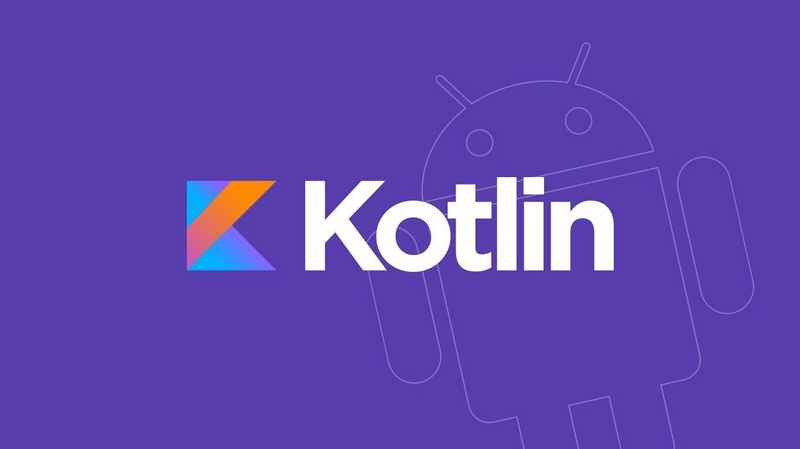
When I decided to learn Kotlin, it was a turning point in my programming journey. After exploring different programming languages, I found Kotlin to be particularly appealing due to its modern approach and compatibility with Java. In this article, I will share my experience with Kotlin and the challenges I encountered along the way.
The Discovery of Kotlin
My interest in Kotlin started when I began developing Android applications using Java. However, I kept hearing about Kotlin and its increasing popularity in the Android development community. After researching it, I realized that Kotlin's concise syntax and powerful features could help me improve my programming skills and make the development process more enjoyable.
Getting Started with Kotlin
To start learning Kotlin, I needed to understand its syntax and features thoroughly. Here's how I went about it
Online Courses: I began by taking introductory courses on platforms like Udemy and Coursera. These courses provided a structured learning path and hands-on coding exercises, which were very helpful.
Official Documentation: The Kotlin Documentation served as a valuable resource, offering comprehensive guides and examples to clarify concepts.
Books: I also read a few books on Kotlin, such as "Kotlin in Action", which helped deepen my understanding of the language.
Practice Coding: After familiarizing myself with the basics, I decided to put my knowledge into practice by creating small projects. I built two projects: a To-Do List app and an API integration app. These projects allowed me to apply what I had learned and practice my skills.
Challenges: Learning Kotlin was not always easy, and I faced some challenges along the way. However, these challenges helped me grow and learn more about the language.
Syntax Differences: Transitioning from Java to Kotlin involved some adjustments. While Kotlin's syntax is more concise, it was initially confusing for me. I spent some time comparing Java and Kotlin code to understand how to achieve similar functionality with less code.
Functional Programming Concepts: Kotlin incorporates functional programming features, which are new to me. It took time to understand concepts like higher-order functions and lambda expressions.
Debugging Challenges: As I worked on more complex projects, I encountered some debugging challenges. Kotlin's null safety and type system sometimes caused confusion, but with practice, I became more comfortable with error handling.
Tips for Starting with Kotlin: If you're considering learning Kotlin, here are some tips to help you get started:
Start with the Basics: Familiarize yourself with the basic syntax and principles of Kotlin. Online courses and documentation can be a great starting point.
Practice Regularly: Build small projects to apply what you've learned. The more you code, the more confident you will become.
Join a Community: Engage with Kotlin communities on platforms like Reddit or Stack Overflow. Sharing your experiences and asking questions can provide invaluable support.
Explore New Features: Kotlin is constantly evolving, so it's a good idea to experiment with new features and updates. This will help you keep your skills fresh and relevant.
Don't Be Afraid of Mistakes: Mistakes are a part of learning. Use them as an opportunity to improve your understanding of the language.
Learning Kotlin has been an enriching experience that has opened up new horizons in my programming journey. Although the learning curve was challenging, the journey itself has been enjoyable and I am excited about the possibilities that Kotlin offers. I would highly recommend anyone interested in mobile development or modern programming techniques to explore Kotlin.




















































%20Abstract%20Background%20112024%20SOURCE%20Amazon.jpg)






















































































































![[The AI Show Episode 142]: ChatGPT’s New Image Generator, Studio Ghibli Craze and Backlash, Gemini 2.5, OpenAI Academy, 4o Updates, Vibe Marketing & xAI Acquires X](https://www.marketingaiinstitute.com/hubfs/ep%20142%20cover.png)















































































































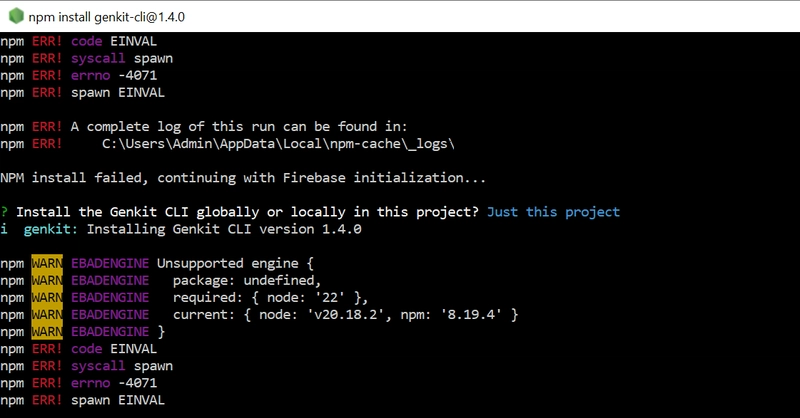
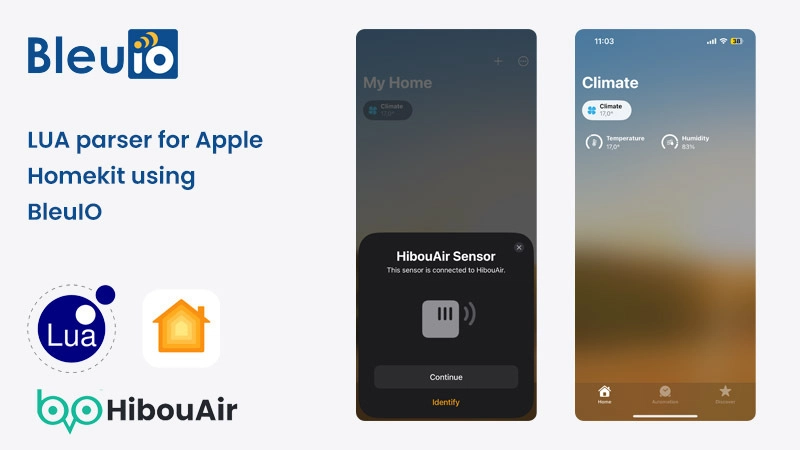
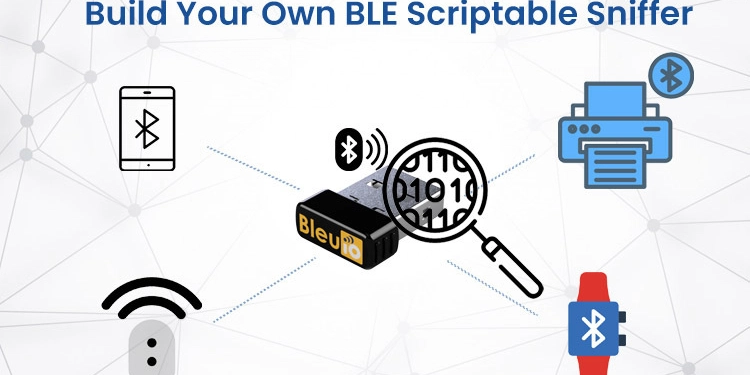
















































































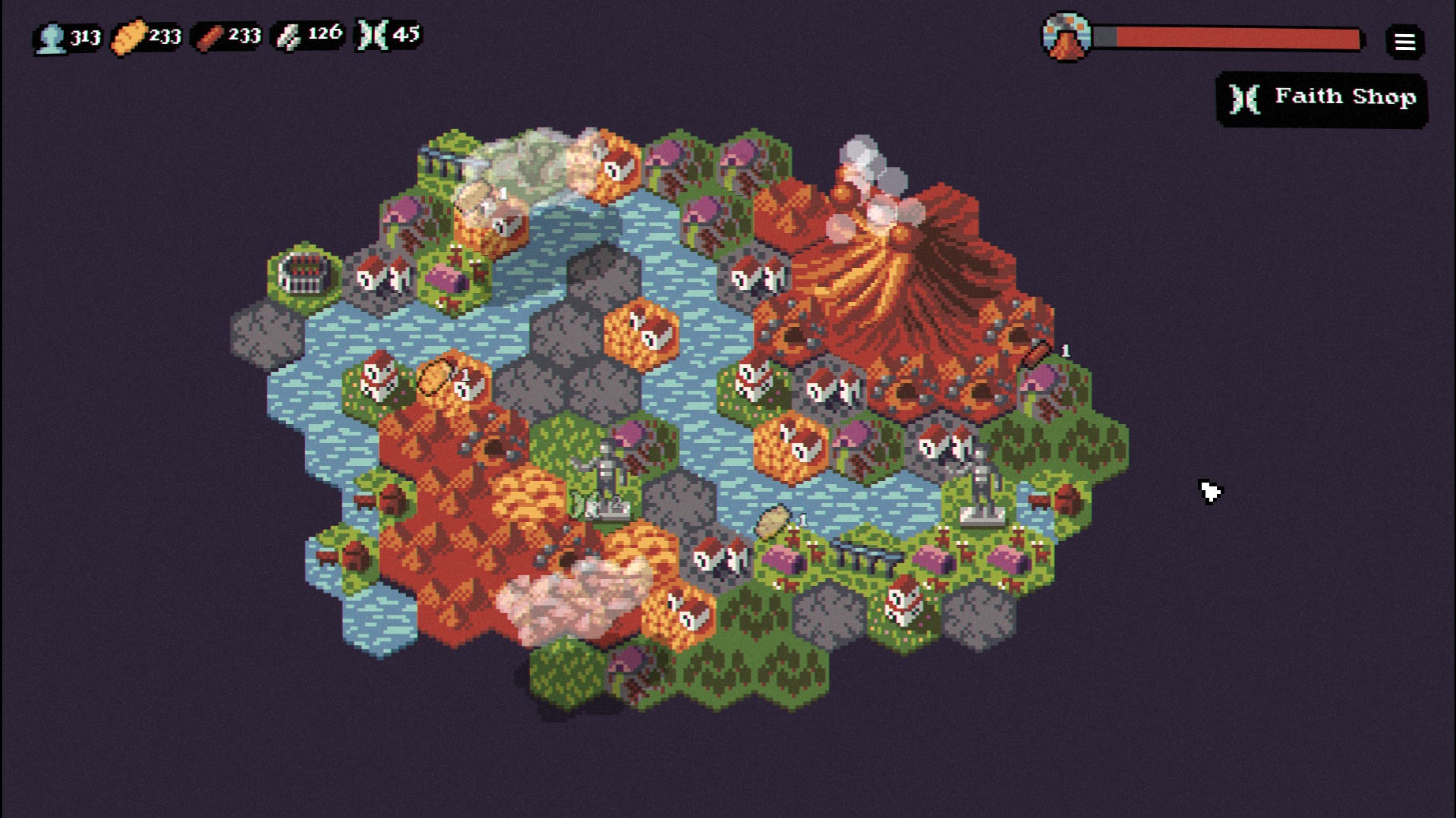





















































-Nintendo-Switch-2-–-Overview-trailer-00-00-10.png?width=1920&height=1920&fit=bounds&quality=80&format=jpg&auto=webp#)





















_Anna_Berkut_Alamy.jpg?#)










































































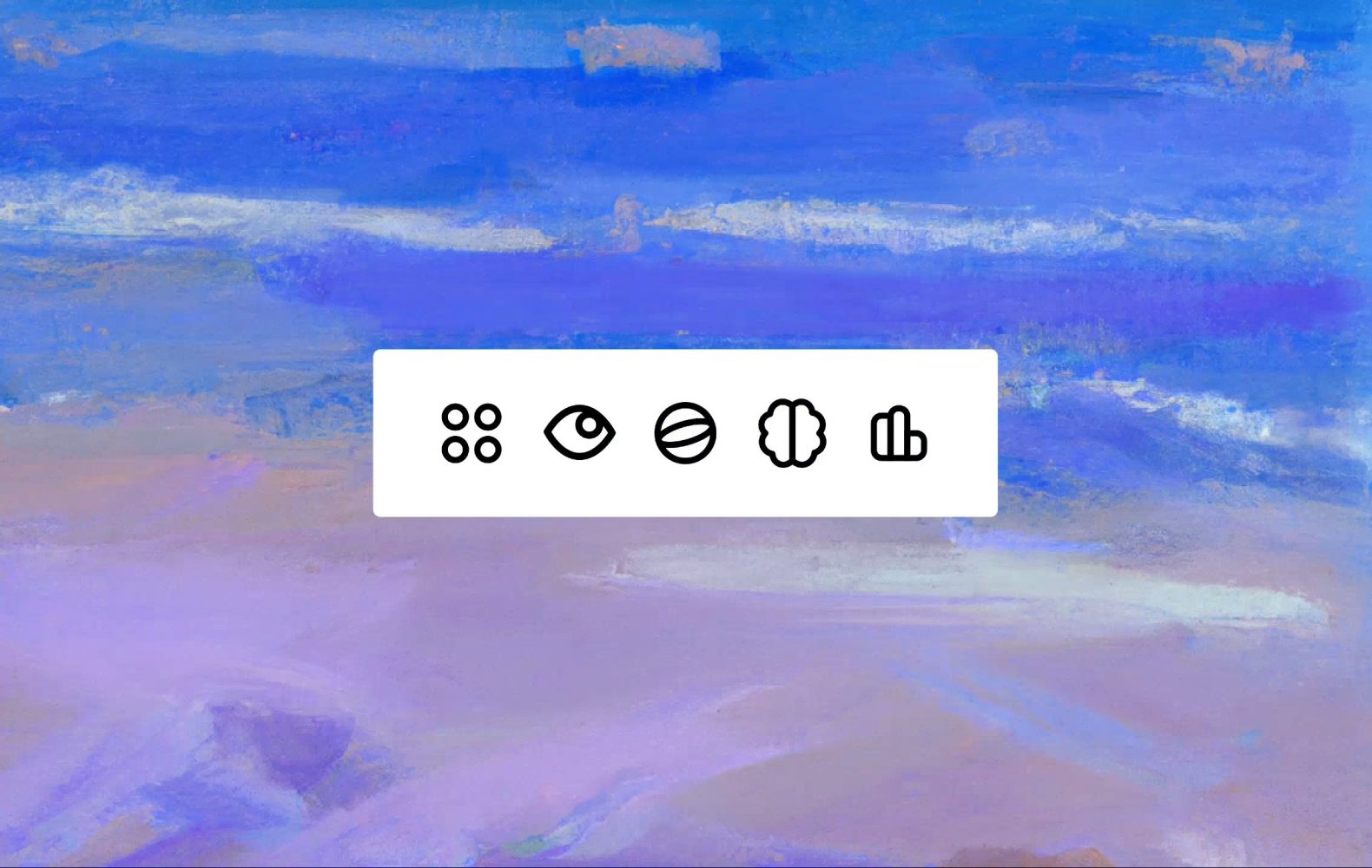









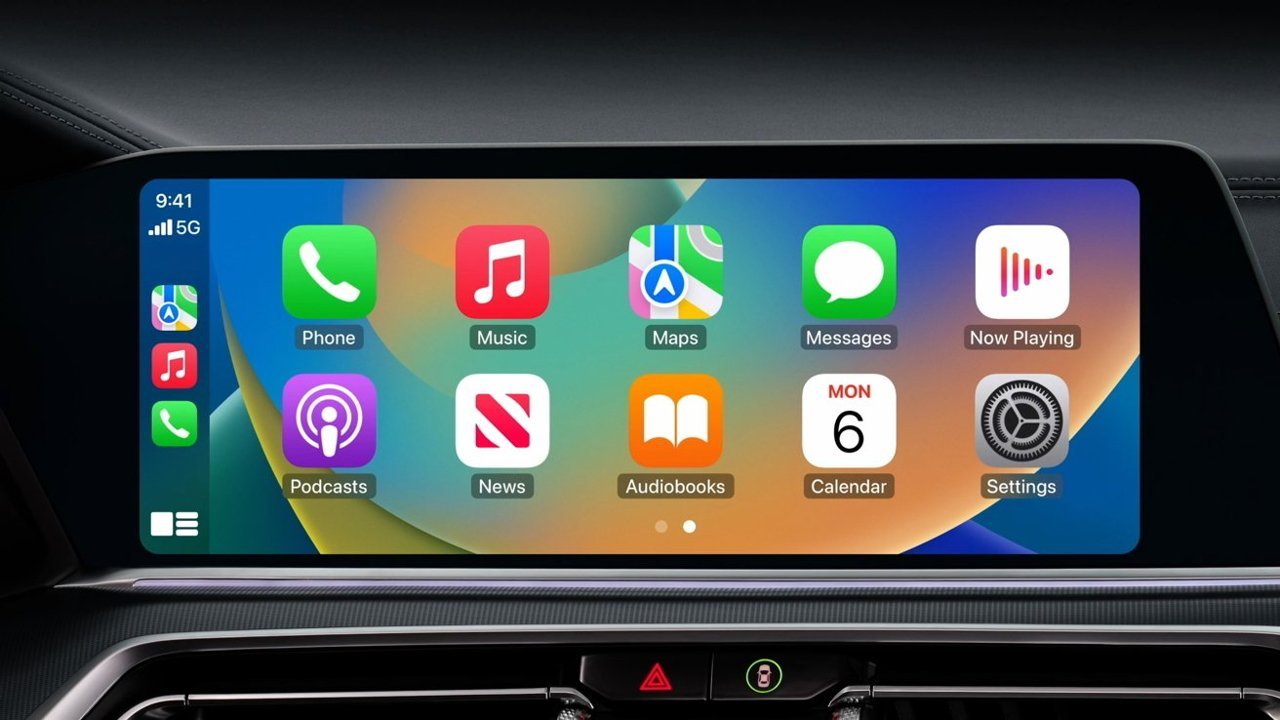
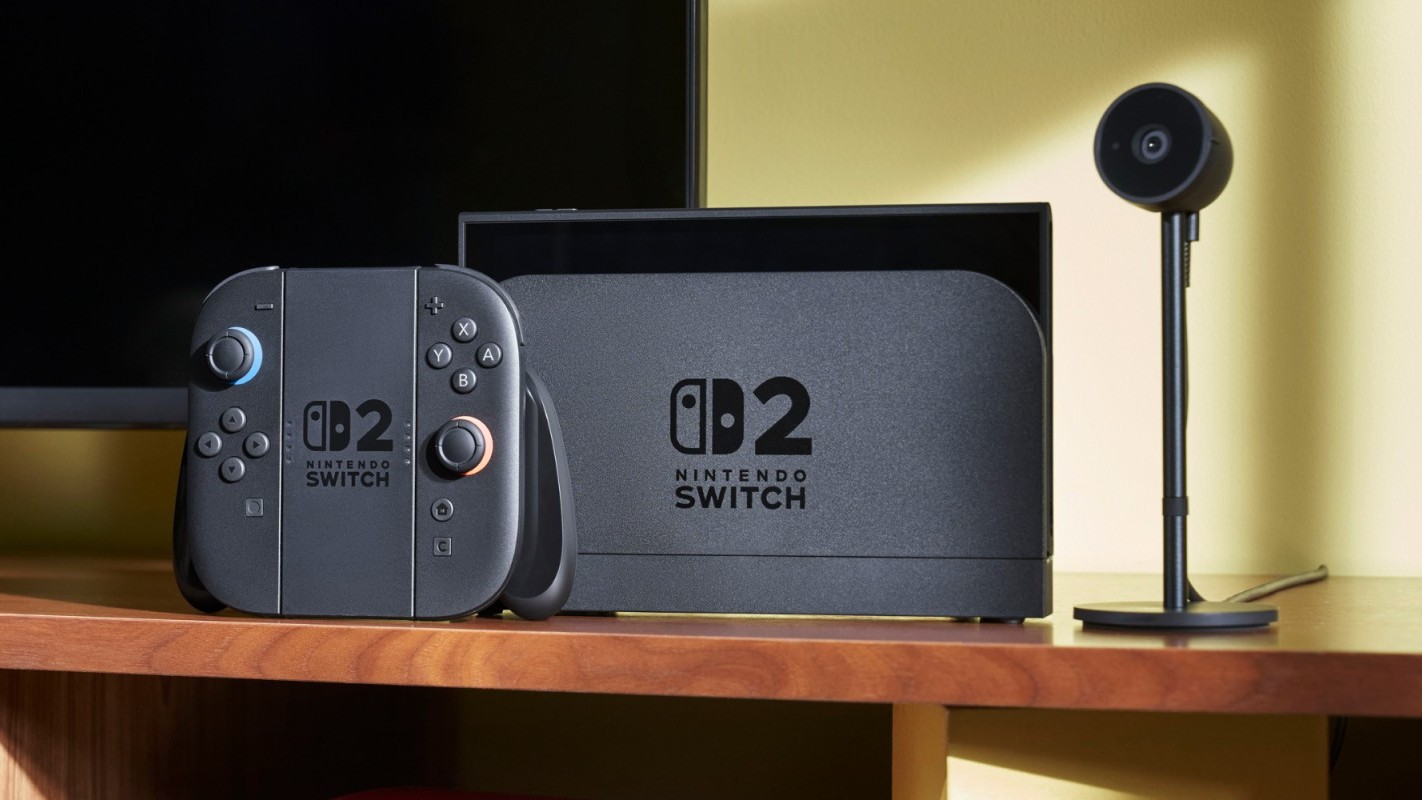



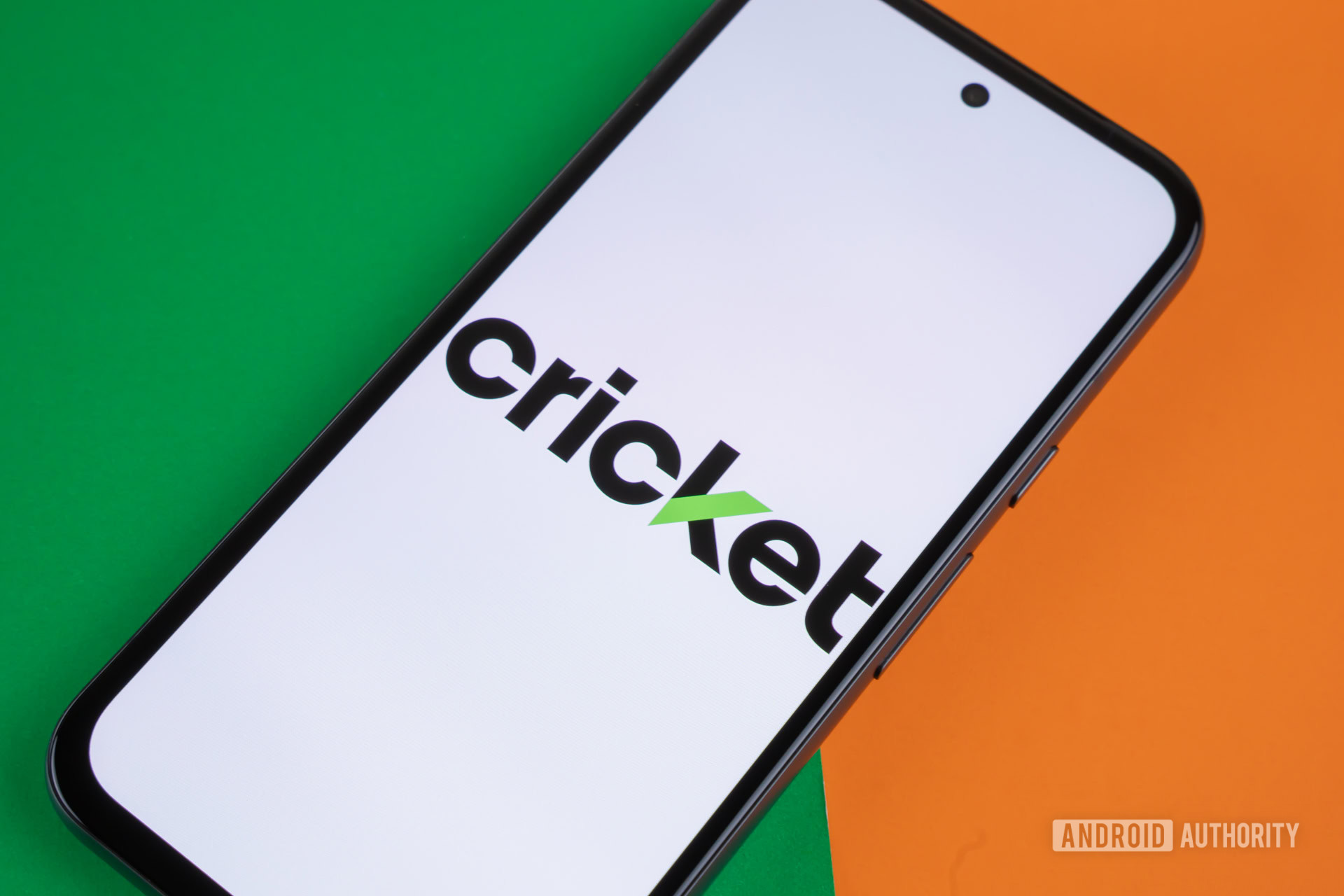



















![YouTube Announces New Creation Tools for Shorts [Video]](https://www.iclarified.com/images/news/96923/96923/96923-640.jpg)














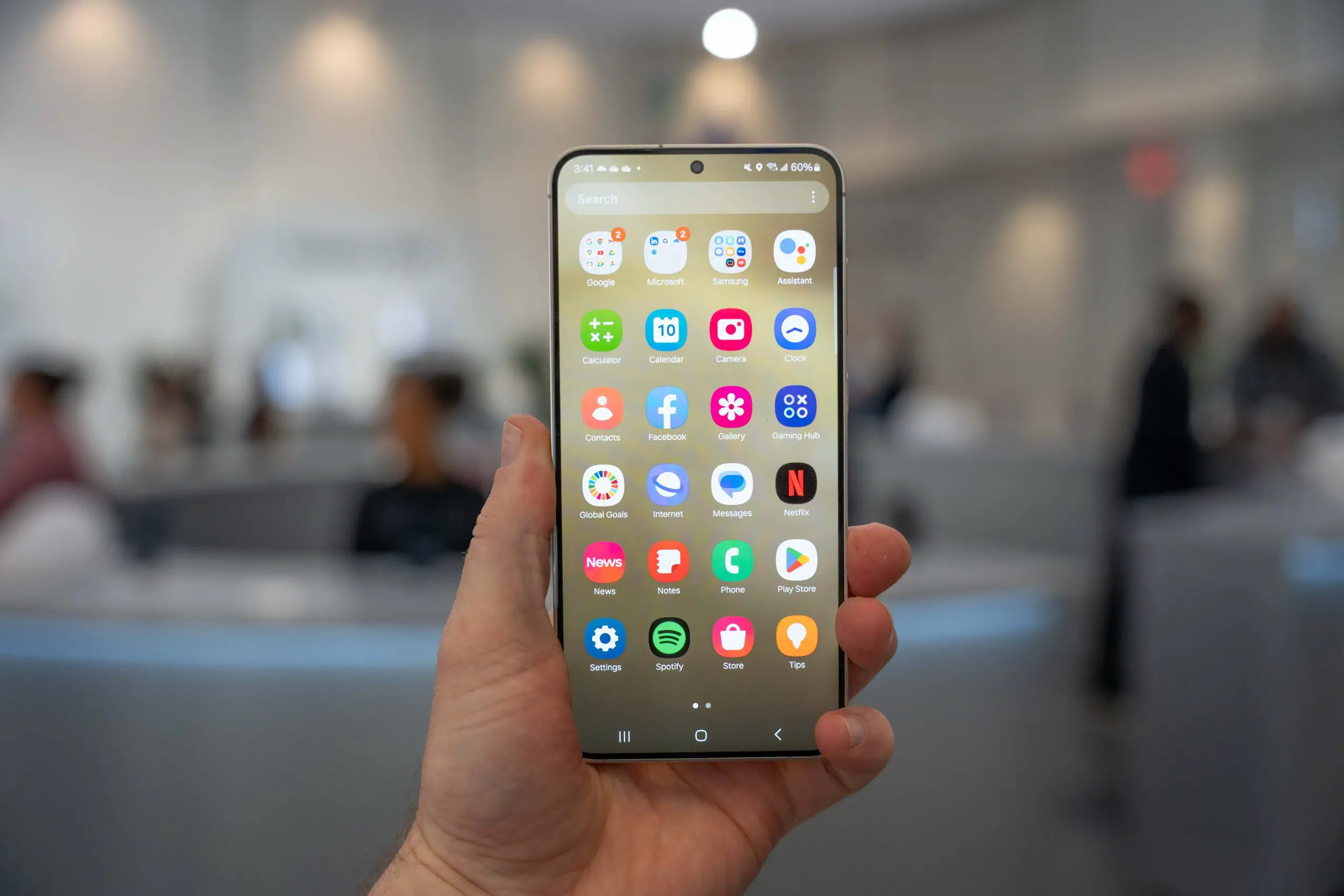


























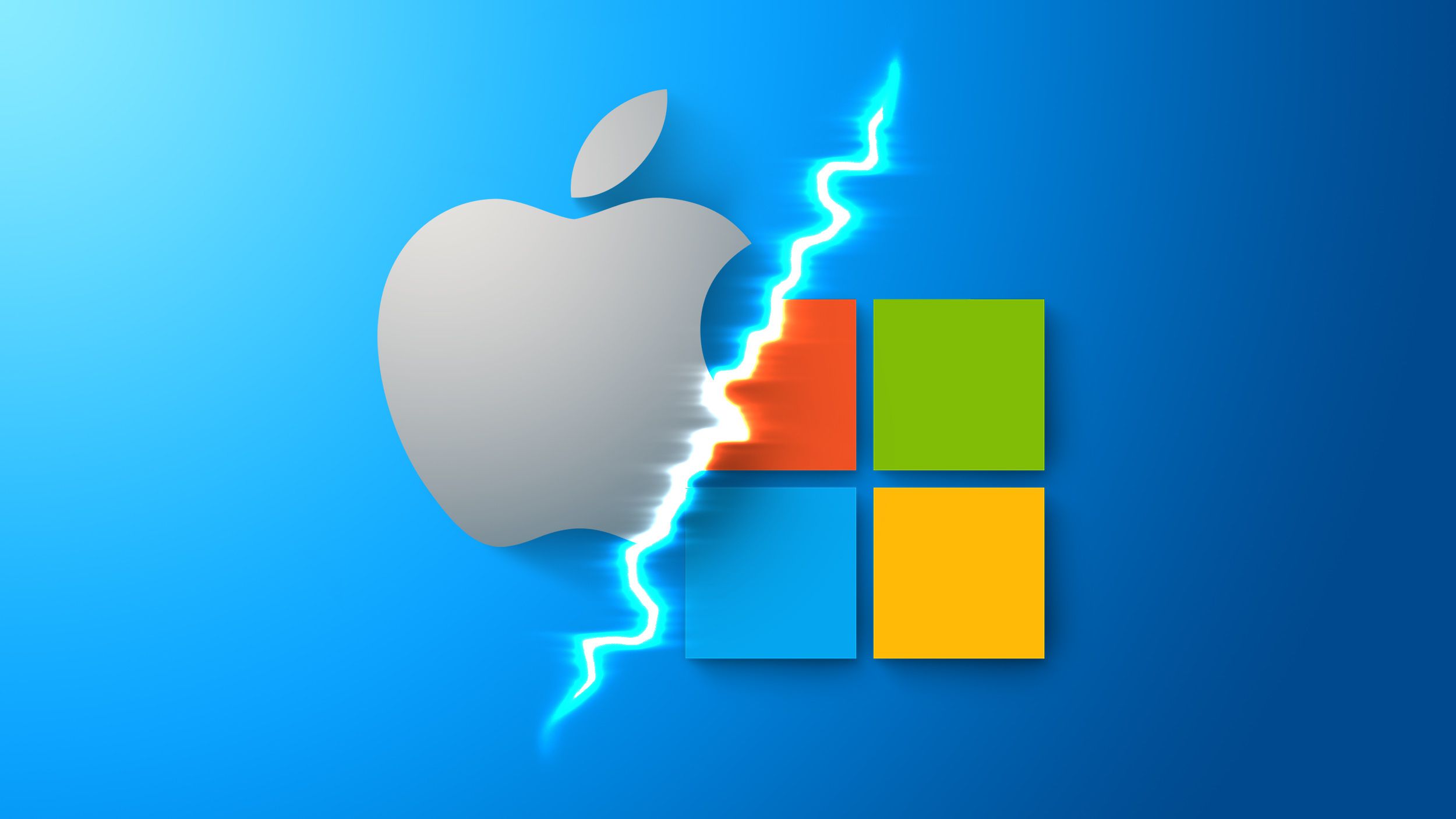



























![[Weekly funding roundup March 29-April 4] Steady-state VC inflow pre-empts Trump tariff impact](https://images.yourstory.com/cs/2/220356402d6d11e9aa979329348d4c3e/WeeklyFundingRoundupNewLogo1-1739546168054.jpg)

